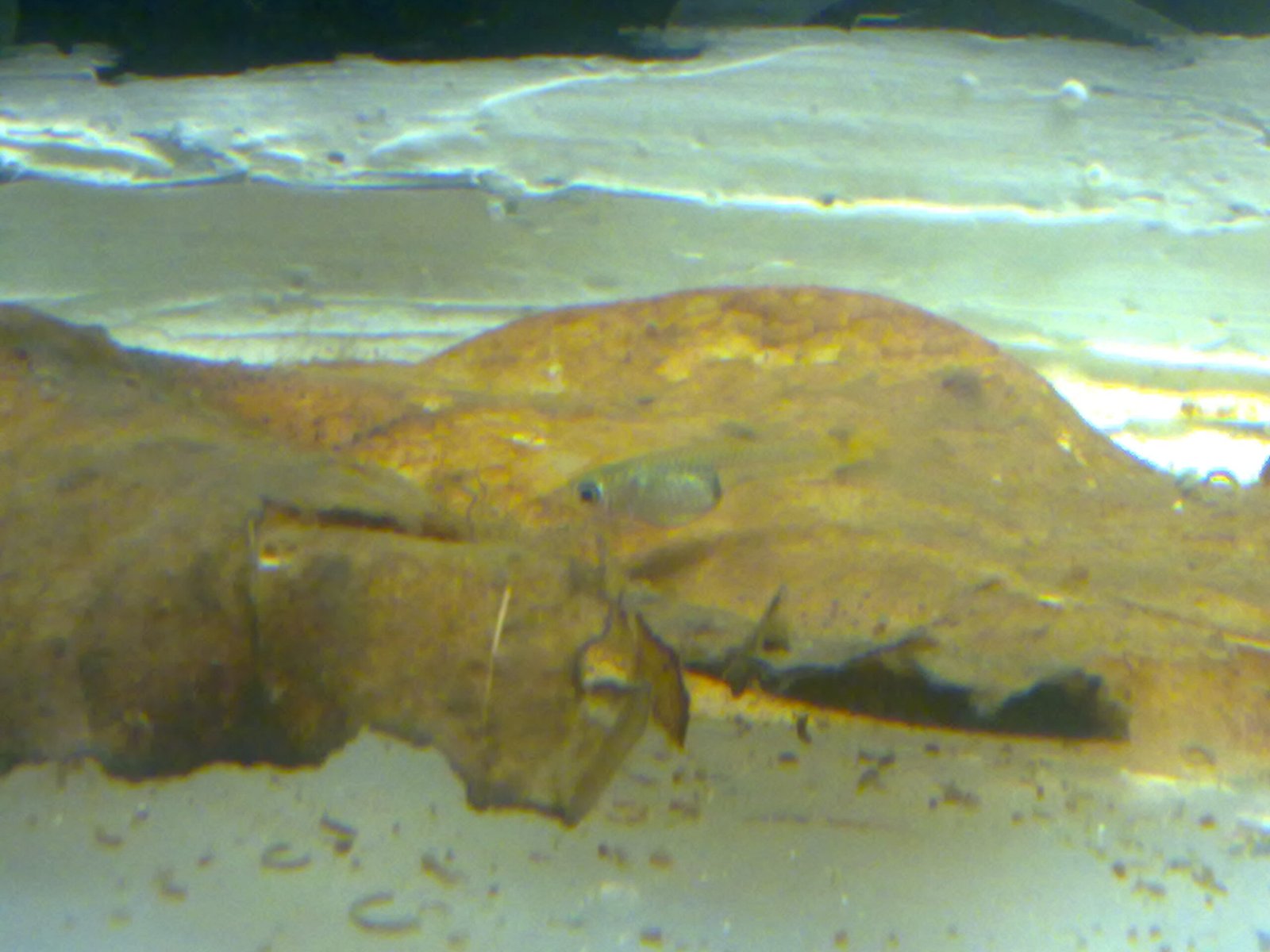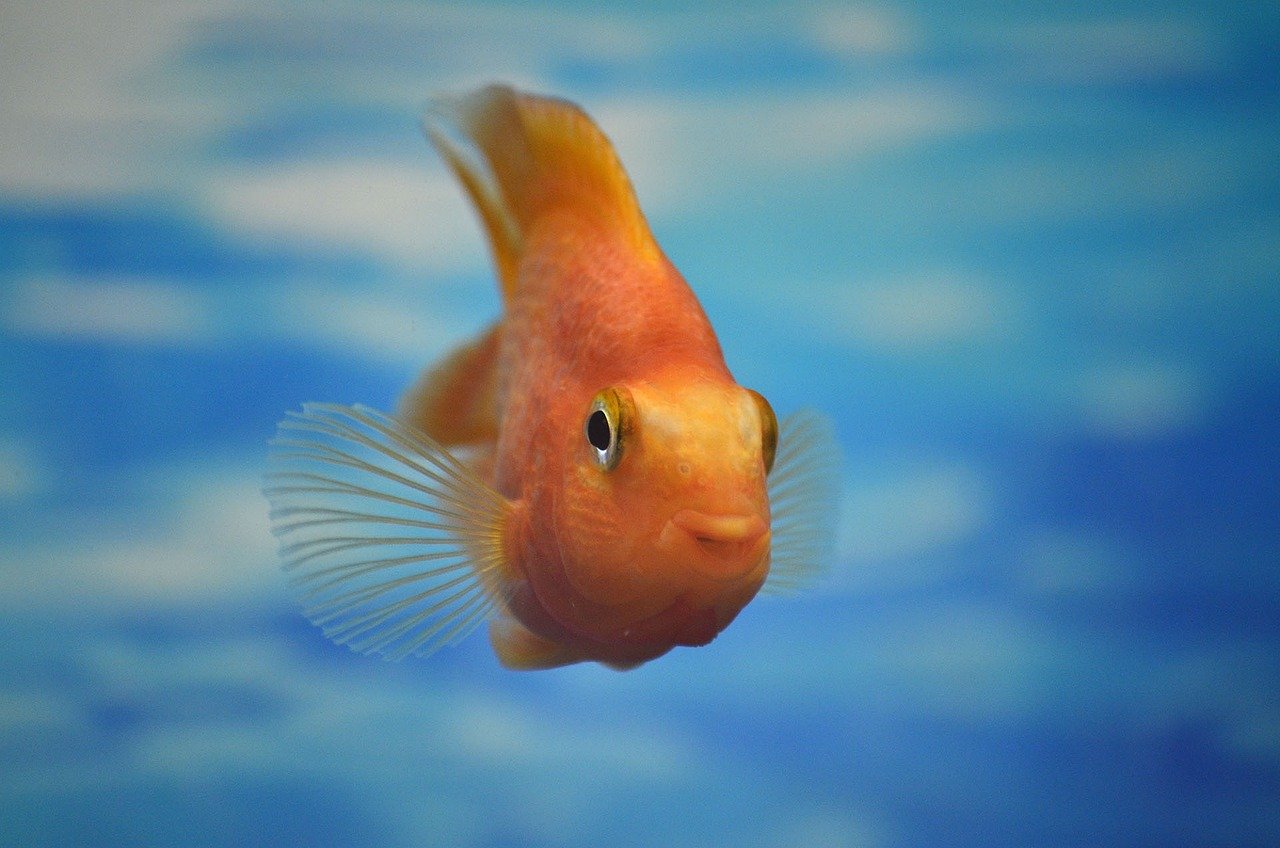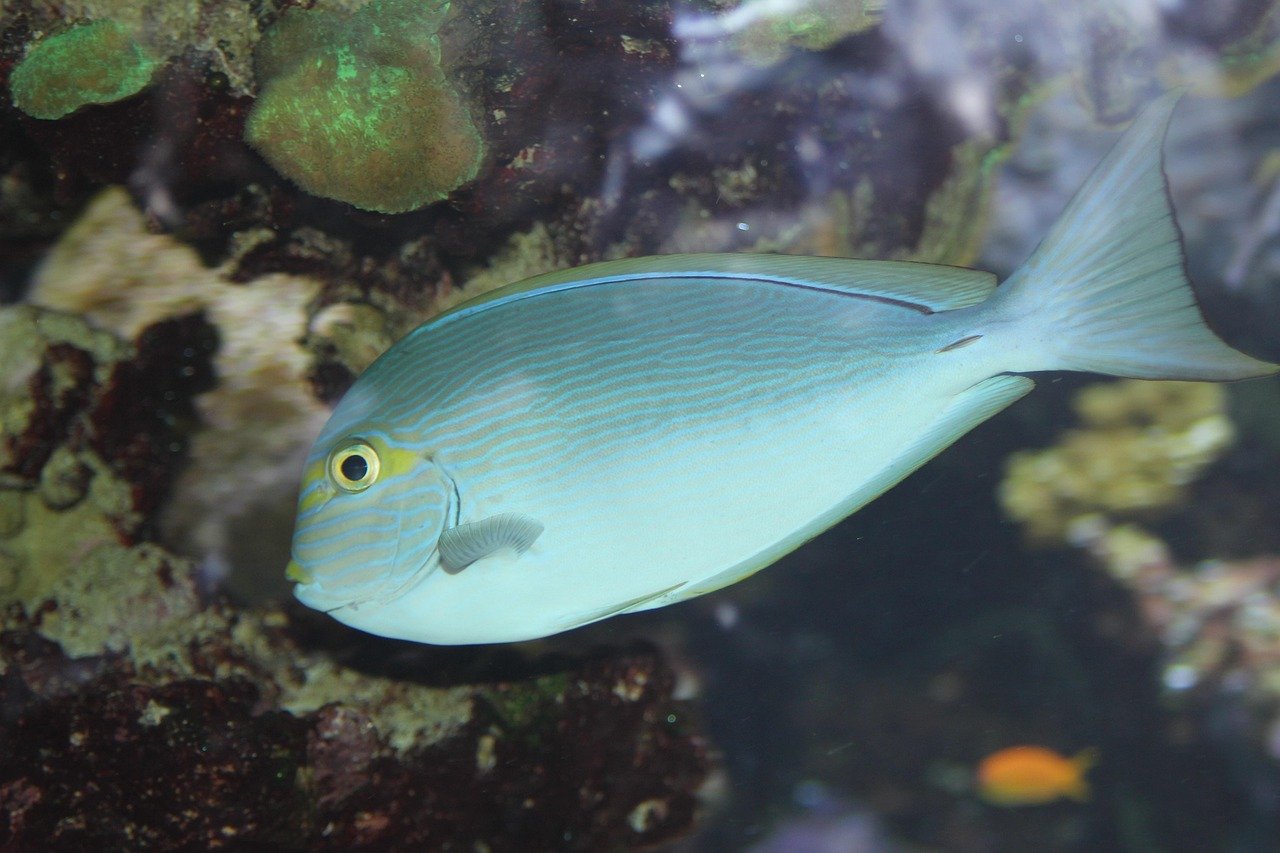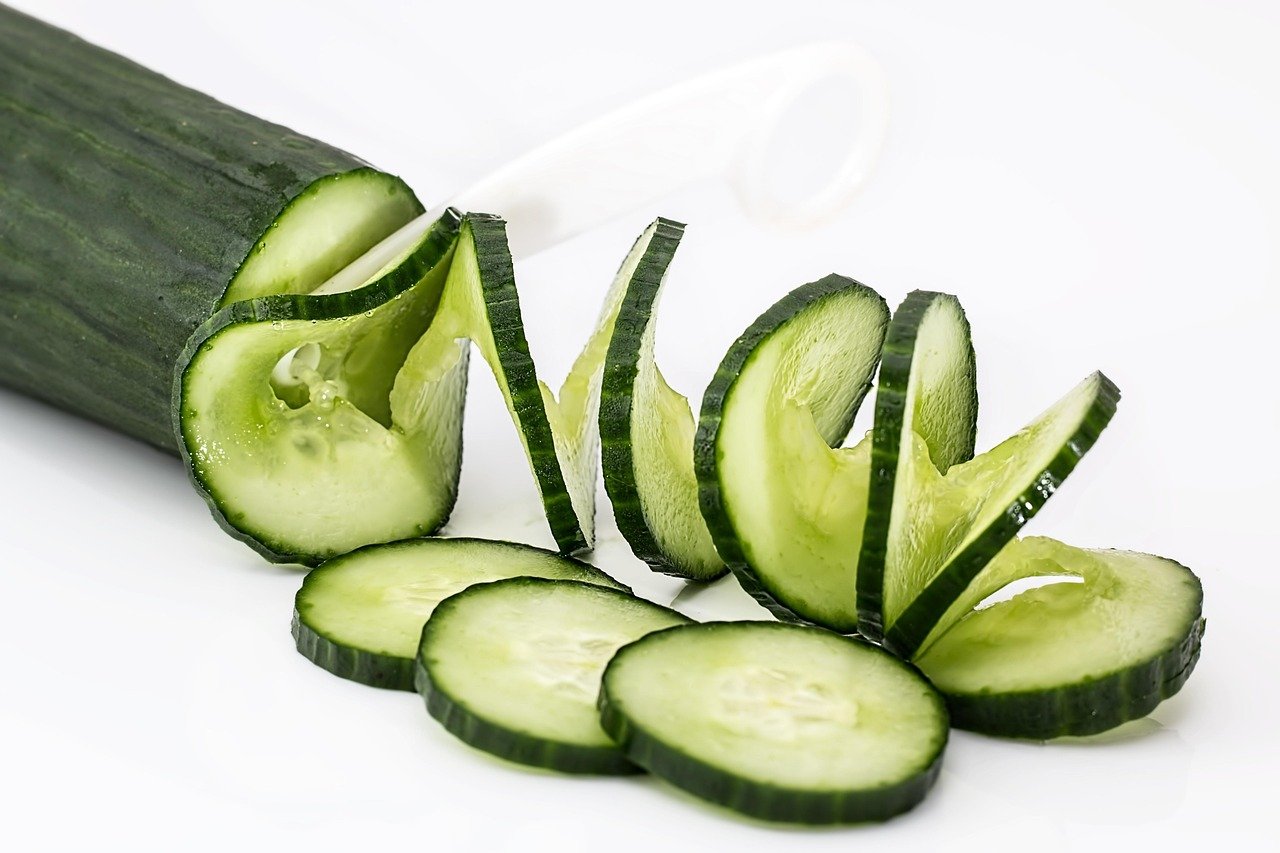Caring for a home aquarium can be a rewarding hobby, yet it often comes with its own set of challenges, particularly when it comes to maintaining the health of your fish. Fish, like all living creatures, can experience health issues, and while medications are available, many aquarium enthusiasts prefer natural remedies. These remedies not only help in keeping the aquatic environment safe but also minimize the risk of chemical exposure to your precious finned friends. Let’s dive into some natural solutions to common fish health issues that will ensure your aquatic pals remain vibrant and healthy.
1. Salt Baths for Parasite Control
Salt baths are a simple yet effective way to address parasitic infestations in fish. Using non-iodized aquarium salt, you can create a soothing bath that helps eliminate external parasites such as ich. The salt works by dehydrating the parasites, effectively killing them without harming your fish. To prepare a salt bath, dissolve a tablespoon of salt in a gallon of water and immerse the affected fish for about 5 to 10 minutes. It’s crucial to monitor the fish closely during this process, as prolonged exposure can be stressful. Remember, consistency is key; repeating the treatment over several days often yields the best results.
2. Garlic for Boosting Immunity
Garlic isn’t just a staple in kitchens; it’s a potent natural remedy for fish. Known for its antimicrobial properties, garlic can enhance a fish’s immune system. By adding crushed garlic to fish food, you can help ward off infections and boost overall health. The strong aroma of garlic also acts as an appetite stimulant, which is particularly beneficial for fish recovering from illness. Regular incorporation of garlic into your fish’s diet can act as a preventive measure, ensuring your fish remain robust and healthy.
3. Indian Almond Leaves for Stress Reduction

Indian almond leaves, often used in aquariums, provide a natural solution for stressed fish. The leaves release tannins into the water, creating a more natural and comfortable environment that mimics the fish’s natural habitat. This can be particularly beneficial for species prone to stress, such as bettas. The tannins also possess antifungal and antibacterial properties, offering protection against common infections. Adding a leaf or two to your aquarium can create a serene environment and promote the well-being of your aquatic friends.
4. Green Peas for Digestive Health

Constipation is a common issue in aquarium fish, and green peas offer a simple remedy. Rich in fiber, peas help regulate digestion and prevent bloating. To prepare, blanch the peas and remove their outer shell before feeding them to your fish. Many aquarium enthusiasts find this remedy particularly effective for goldfish, which are prone to digestive issues. Regularly feeding peas can ensure your fish’s digestive system functions smoothly, keeping them active and healthy.
5. Tea Tree Oil for Fungal Infections
Tea tree oil, known for its antifungal properties, can be a natural remedy for fungal infections in fish. By adding a few drops of diluted tea tree oil to the aquarium water, you can create an environment inhospitable to fungal growth. It’s essential to ensure the oil is thoroughly mixed with the water to prevent any harm to your fish. While effective, this treatment should be used sparingly, as excessive use can upset the tank’s delicate balance. Regular monitoring and cautious application can help in managing fungal infections naturally.
6. Aloe Vera for Wound Healing

Aloe vera, renowned for its healing properties, can aid in the recovery of fish with physical injuries or wounds. The soothing gel from the aloe vera plant can be added to the aquarium water, promoting faster healing of cuts and abrasions. Its anti-inflammatory properties also help in reducing swelling and redness. For fish that have suffered from aggressive tank mates or accidental scrapes, aloe vera acts as a gentle healer, ensuring a swift recovery.
7. Dandelion Leaves for Detoxification

Dandelion leaves are not just a weed; they are a powerful detoxifying agent for fish. Rich in vitamins and minerals, these leaves can aid in purifying the bloodstream of fish, promoting better health. By boiling dandelion leaves and adding the extract to aquarium water, you can provide a gentle detoxifying bath for your fish. This natural remedy is particularly useful for fish exposed to toxins or pollutants, ensuring their systems remain clean and healthy.
8. Epsom Salt for Swim Bladder Issues

Swim bladder problems are common in fish, affecting their buoyancy and movement. Epsom salt offers a natural remedy for this issue. By adding a small amount of Epsom salt to the tank, you can help alleviate symptoms and restore normal buoyancy. The magnesium sulfate in Epsom salt has a laxative effect, which can help relieve constipation, often a cause of swim bladder issues. Regular monitoring and careful dosing can ensure your fish regain their mobility without the need for medication.
9. Hydrogen Peroxide for Algae Control

Algae overgrowth can be a persistent problem in aquariums, affecting water quality and aesthetics. Hydrogen peroxide, when used correctly, can help control algae naturally. By applying a diluted solution directly to the affected areas, you can target algae without harming your fish. It’s essential to use this remedy sparingly, as excessive use can harm beneficial bacteria in the tank. With careful application, hydrogen peroxide can keep your aquarium clean and algae-free.
10. Basil for Antibacterial Protection

Basil leaves, commonly used in cooking, can also serve as a natural antibacterial agent in aquariums. The essential oils in basil possess antibacterial properties, helping to prevent infections. By adding fresh basil leaves to the tank, you can create a healthier environment for your fish. The leaves also provide a natural source of food for herbivorous fish, making it a dual-purpose remedy. Regular use of basil can promote a balanced and healthy aquarium ecosystem.
11. Chamomile for Calming Anxious Fish

Chamomile, known for its calming effects on humans, can have a similar impact on fish. If you notice your fish behaving anxiously or aggressively, adding chamomile tea to the aquarium can help soothe them. The natural compounds in chamomile promote relaxation and reduce stress. This remedy is particularly useful during tank changes or when introducing new fish. A calm fish is a happy fish, and chamomile can play a vital role in maintaining peace in the aquarium.
12. Cucumber for Nutritional Support

Cucumber is an excellent source of vitamins and can be a nutritious addition to your fish’s diet. By slicing fresh cucumber and placing it in the tank, you provide a natural snack for your fish. This is particularly beneficial for herbivorous species, which require a diet rich in plant matter. The high water content in cucumber also ensures your fish remain hydrated. Regularly offering cucumber can help maintain your fish’s overall health and vitality.
Incorporating these natural remedies into your aquarium care routine can significantly enhance the health and well-being of your fish. While it’s essential to monitor your fish closely and consult with a professional if problems persist, these solutions offer a gentle, chemical-free way to address common health issues. With a little care and attention, your aquarium can thrive, becoming a vibrant underwater world for your finned friends.





